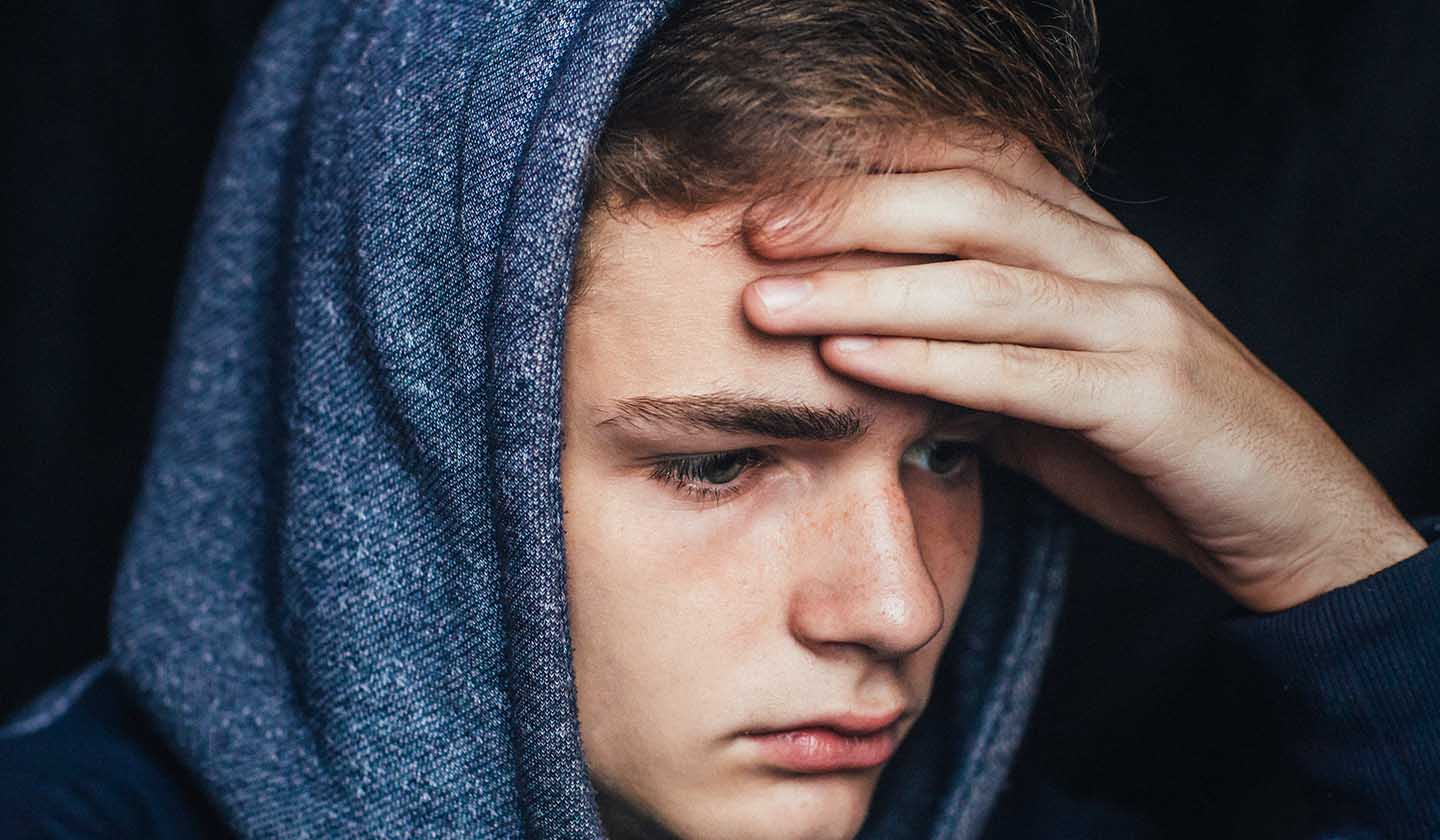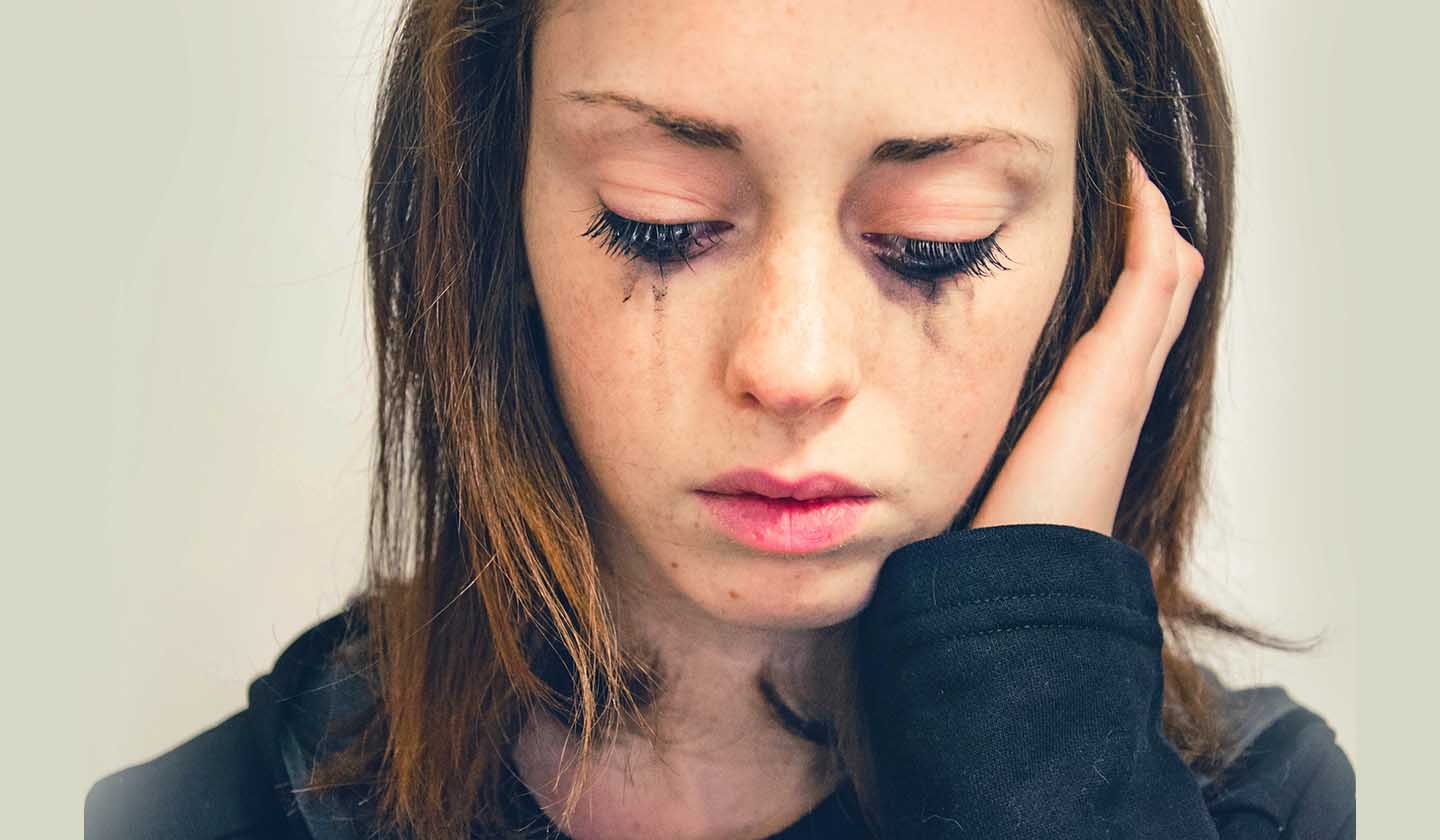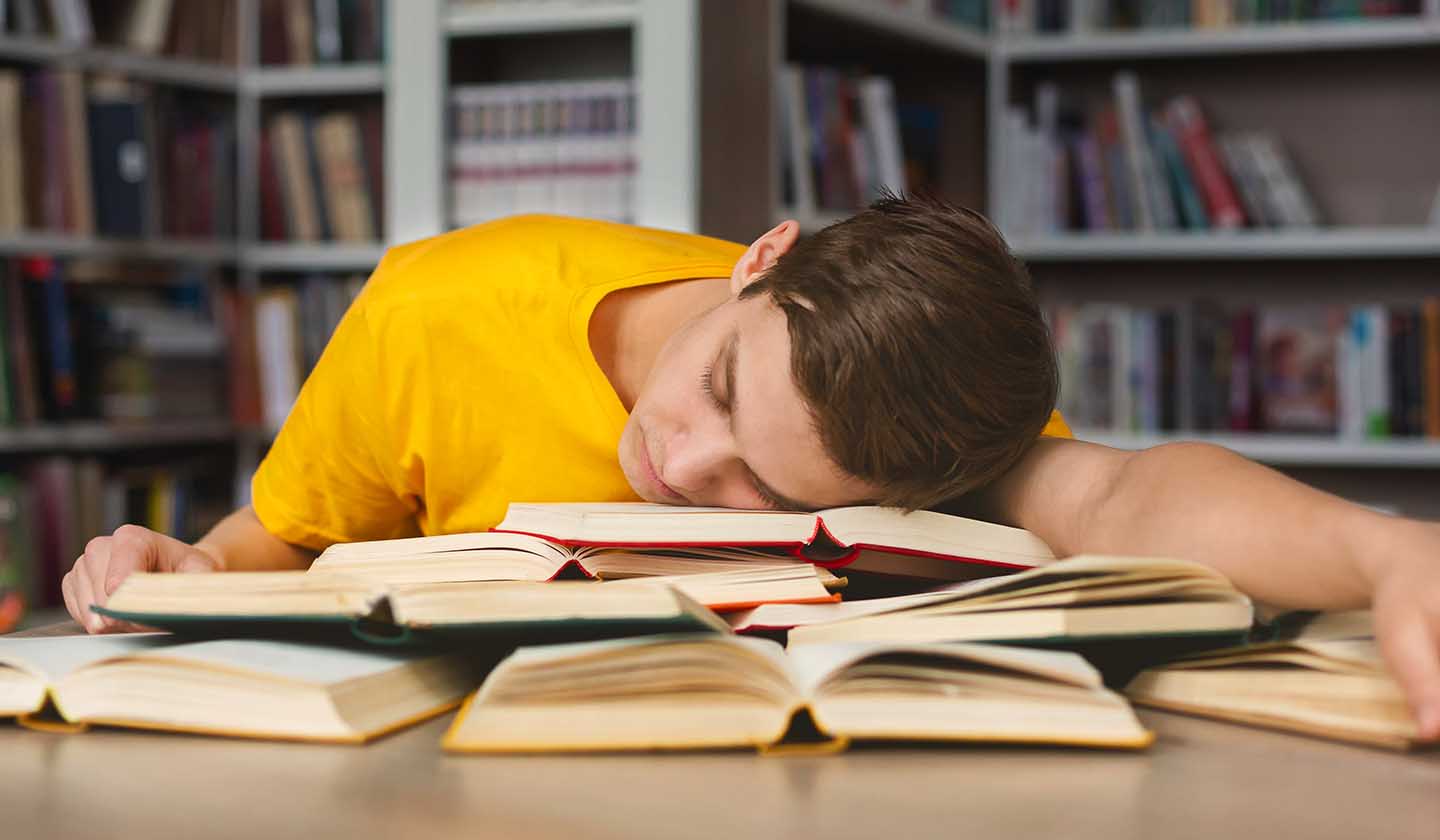Prevention
Release the pressure

Stress is inevitable and part of everyone's life. Adults complain more about it, but young people can also feel stressed. However, they do not always know how to identify what makes them anxious, nor how to deal with the symptoms that bother them. Learn how to manage stress...

Stress, an automatic response
When we feel in danger, we act quickly, in an instinctive reaction, almost always related to survival, known as "Fight or Escape". Stress is part of this natural and physiological reaction, in our body. The nervous system is activated and triggers a set of changes in our body: increased rhythm and cardiac strength, dilated pupils, greater release of hormones (adrenaline), increased sweat production, among others. This response increases our concentration, decreases the time of reaction, and enhances agility.

Young people under pressure
Teenagers and young people are very vulnerable to stress. These are some of situations that usually cause stress:
- Physical changes resulting from adolescence;
- Negative image of themselves;
- Difficulty in integrating the group of friends;
- Change of school;
- Parents' expectations regarding school results;
- Going to university;
- Family instability: financial problems;
- Parents’ separation or divorce;
- Illness or death in family or friends.
When more vulnerable, the adolescent can develop anxiety. If the anxiety persists beyond a specific and limited in time cause, be aware of the following signs:
- PHYSICAL - Headaches, chest, stomach, or muscle pain; difficulty in breathing; increased sweating, especially in the hands; insomnia or nightmares; changes in appetite and fatigue.
- EMOTIONAL AND BEHAVIOURAL - Difficulty in relaxing; recurrent fears; irritability; crying; aggressiveness; refusal to participate in family, school, or social activities.
Dealing with emotions
Stress can develop profoundly serious behavioural and health consequences. Therefore, it is necessary to intervene as soon as possible. The first steps can be taken by the young people themselves:
- Perceiving - the causes of anxiety and how to control them (whenever possible);
- Share - their problems and feelings with someone they trust;
- Relaxing - with music, walking or exercise, thinking about pleasant moments, taking a deep breath, or taking an immersion bath;
- Identifying - good reasons to love yourself and setting realistic goals.
Parents can and should also help their children by doing the following:
- Stimulate dialogue;
- Contribute to raise self-esteem with positive incentive and encouragement;
- Include young people in the family life;
- Stimulate physical exercise and balanced nutrition;
- Be aware of changes in habits and behaviours;
Parents' affection and attention are not always enough to relieve their children's stress and anxiety. When they start skipping school or academic results drop; when the difficulty in sleeping impairs their concentration and performance; when they stop eating to the point of losing weight or, on the contrary, overeats; when they isolate themselves or become too aggressive - specialist help should be sought.
Sources
iSaúde
Farmácia Distribuição Magazine
Também lhe poderá interessar
Sexuality
The awakening of sexuality
Prevention and treatment






